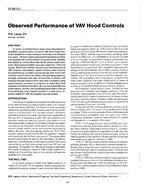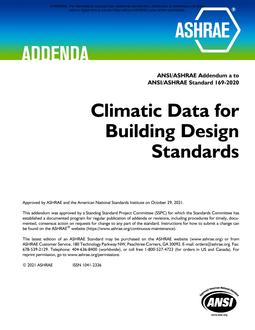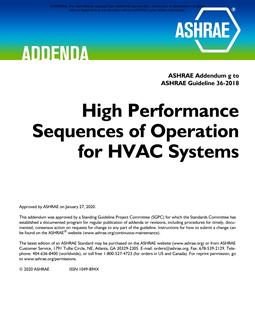Systematic roof research in Belgium started in the seventies, when much attention went to low-sloped assemblies. At that time a wide choice of sections was offered. The number of failure cases however peaked. A performance-based approach, narrowing the choice to one and the application of polymer modified bitumen brought the failure count down.
When insulating cathedralized sloped roofs became current practice, moisture complaints jumped up again. So, research moved to these. At that time, manufacturers forwarded the ventilation paradigm. Although research proved that air-tightness and a compact build-up guaranteed better moisture tolerance, application had to struggle with much unbelief.
Finally, the nineties saw the metal roof reappearing. Again, the move to insulated assemblies increased the number of failures. Also now, the importance of an air barrier and ventilation ineffectiveness for avoiding moisture problems was highlighted, a result opposing the paradigm that ventilation withdraws risks. But the market hesitated once more.
Presented at Thermal Performance of Exterior Envelopes of Whole Buildings X – December 2007
Units: SI
Citation: Thermal Performance of Exterior Envelopes of Whole Buildings X
Product Details
- Published:
- 2008
- Number of Pages:
- 12
- File Size:
- 1 file , 2.8 MB
- Product Code(s):
- D-BldgsX1


